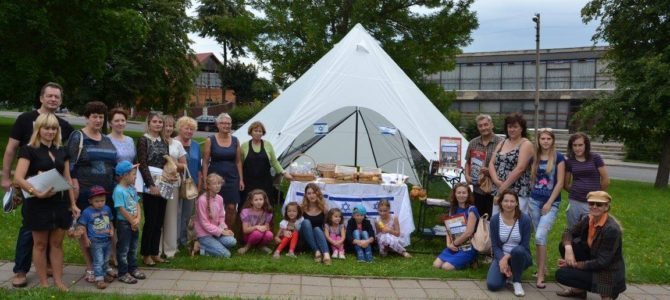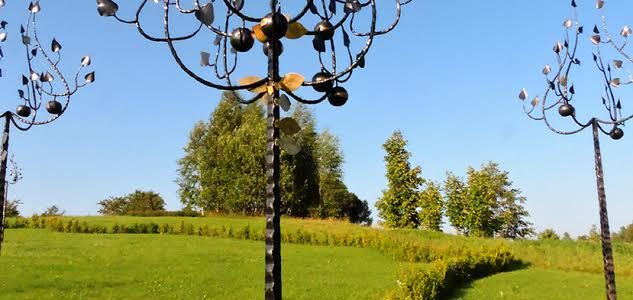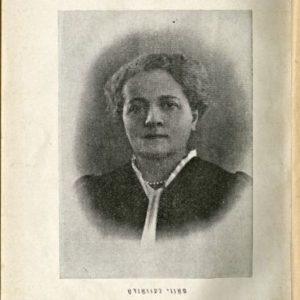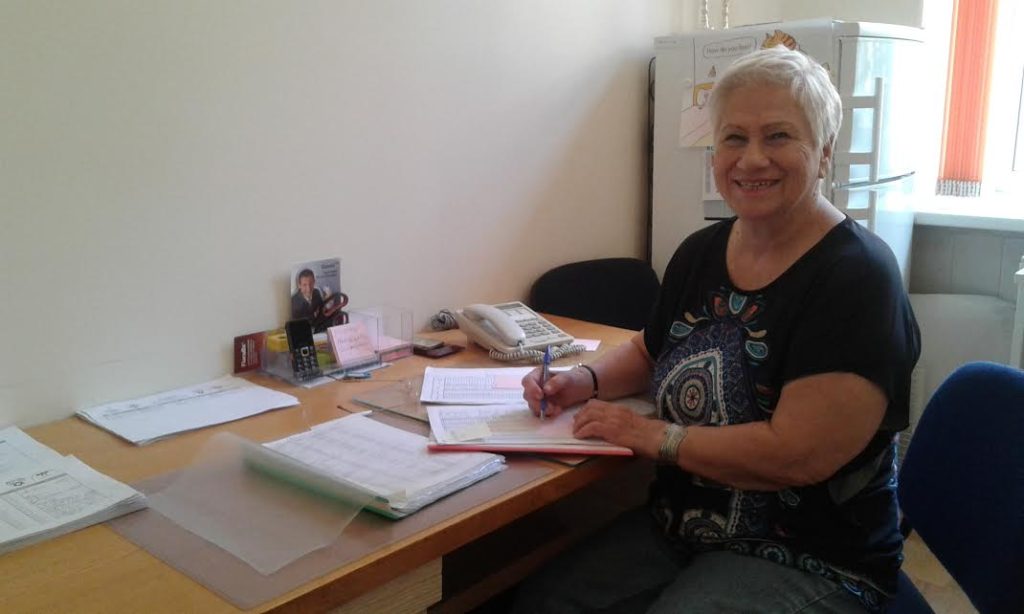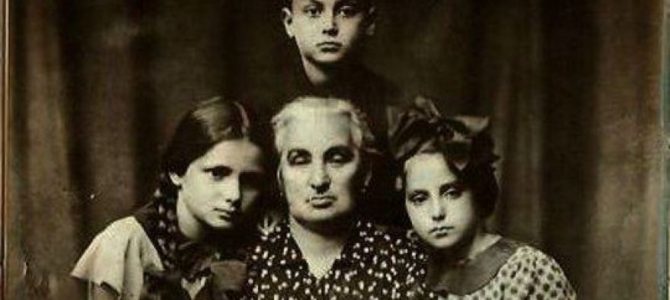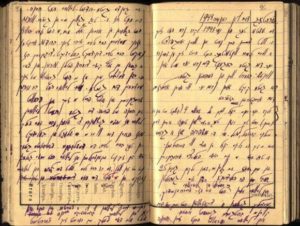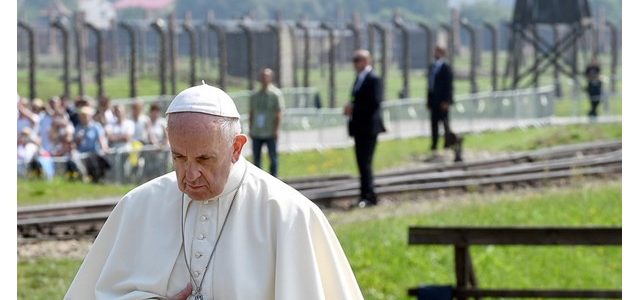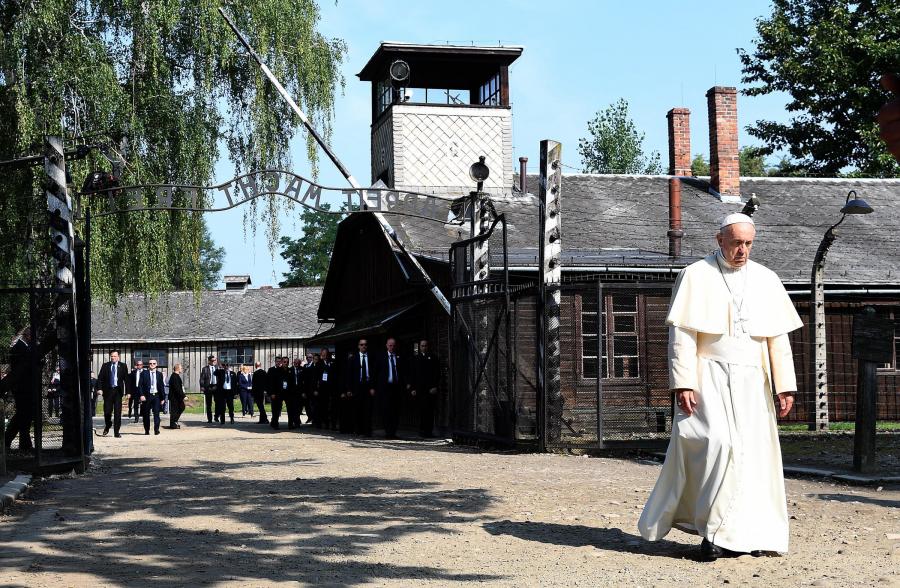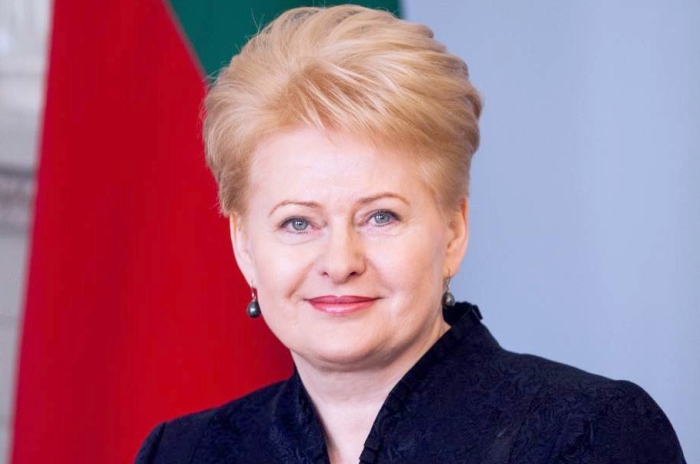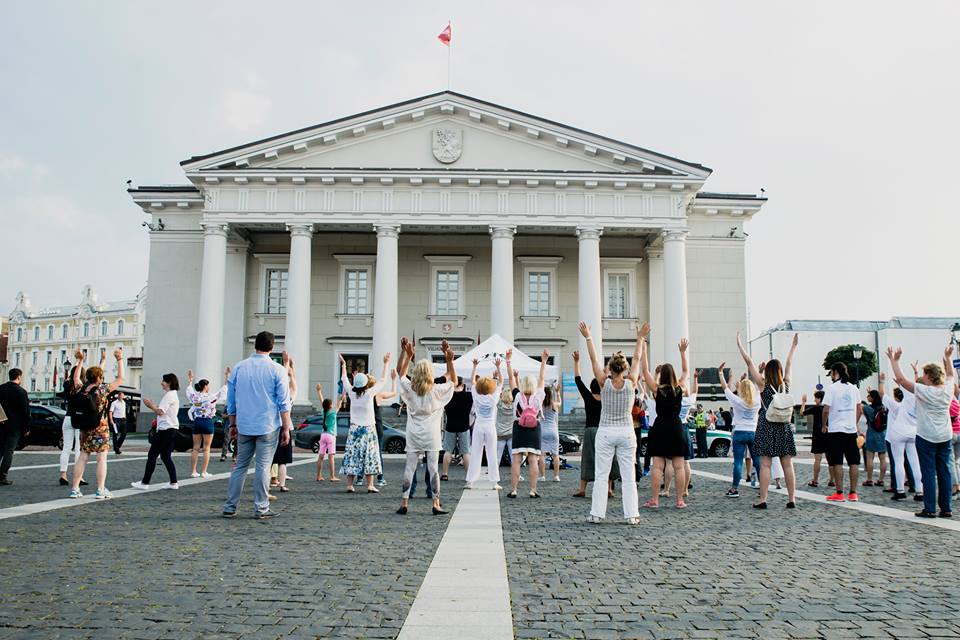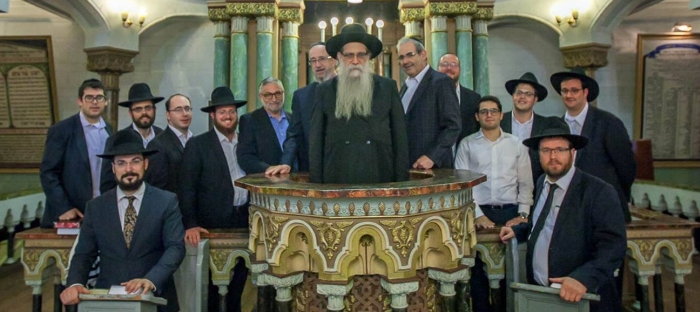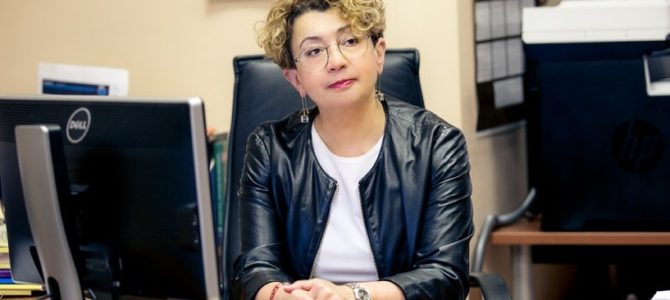
Articles on this web page and the Lithuanian Jewish Community’s facebook section about citizenship for Litvaks have been the subject of great interest. Thousands of people around the world are reading everything written about citizenship. Lithuanian Jewish Community chairwoman Faina Kukliansky therefore would like to talk about why this issue is of such tremendous importance to Litvaks.
Many Litvaks died during the Holocaust and they are now scattered around the world. These people identify themselves with Lithuania, but have lost Lithuanian citizenship. Truly this is not just a moral issue, but also a legal one. We are talking about Jews who survived the Holocaust, and truly no one rescinded their citizenship in the concentration camps. No one sent them to the concentration camps with their passports. They were deported, isolated and murdered as Jews, not as citizens of Lithuania. Of those who were deported to Siberia, likewise no one asked for their Lithuanian citizenship, but deported them because they owned property, or were firefighters or volunteer soldiers. Thus arises the legitimate question: when did these people lose Lithuanian citizenship, when was it taken away from them?
Reading the laws of restored Independent Lithuania, we see Jews were deprived of Lithuanian citizenship during in already independent Lithuania, when the law on citizenship was adopted. Many Jews who survived the war and the Holocaust went to their ethnic homeland, Israel, Jews who consider themselves citizens of Lithuania but who, when the Republic of Lithuania law on citizenship was adopted in 1991, which clearly states Lithuanian citizenship is lost upon acquisition of citizenship of another state, lost that citizenship.
